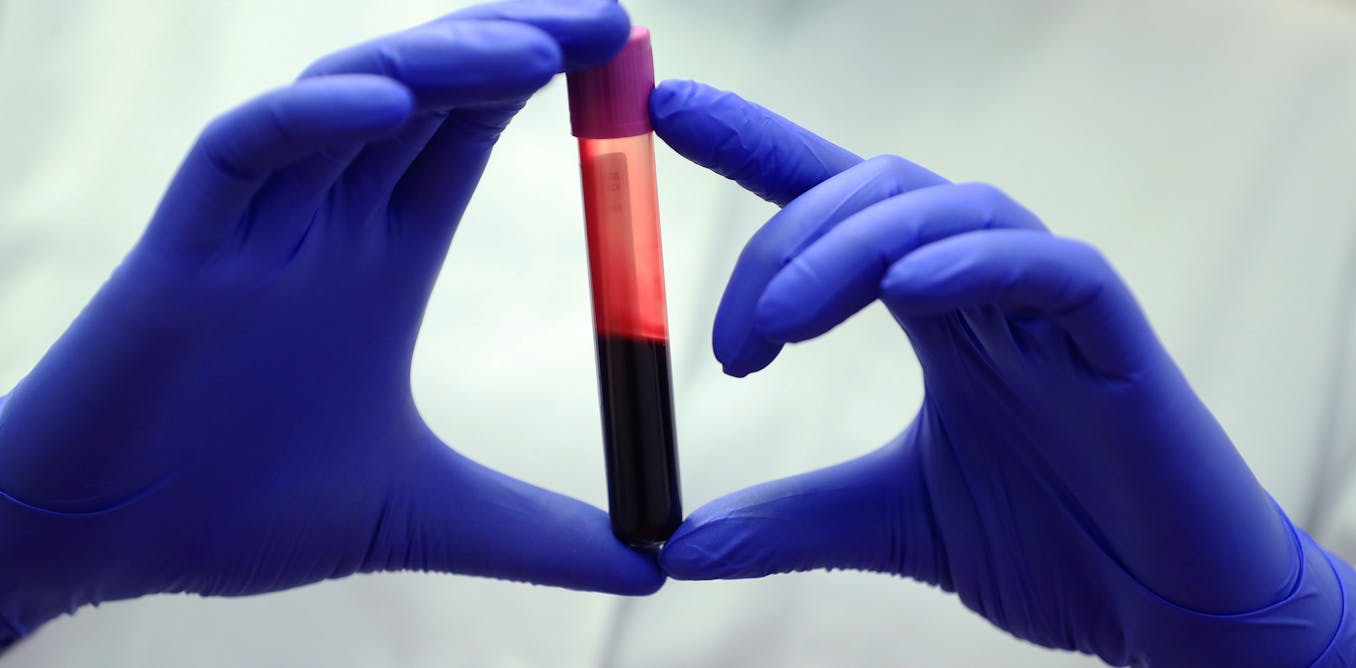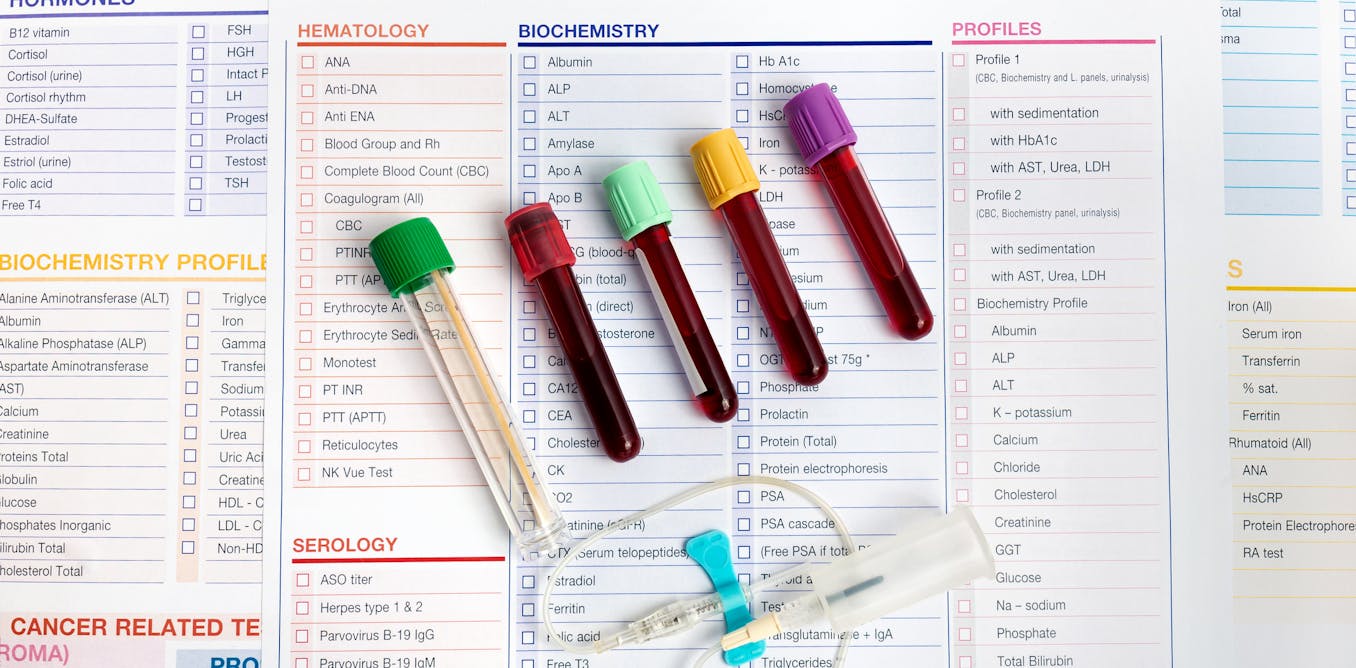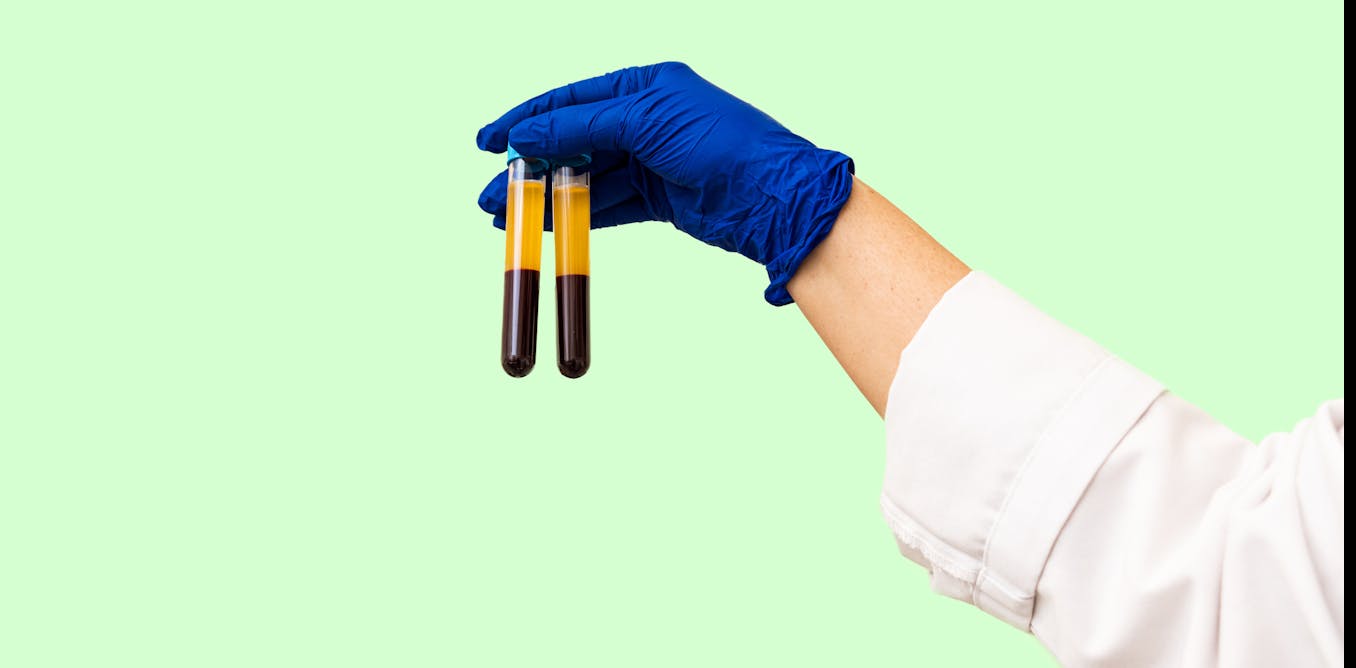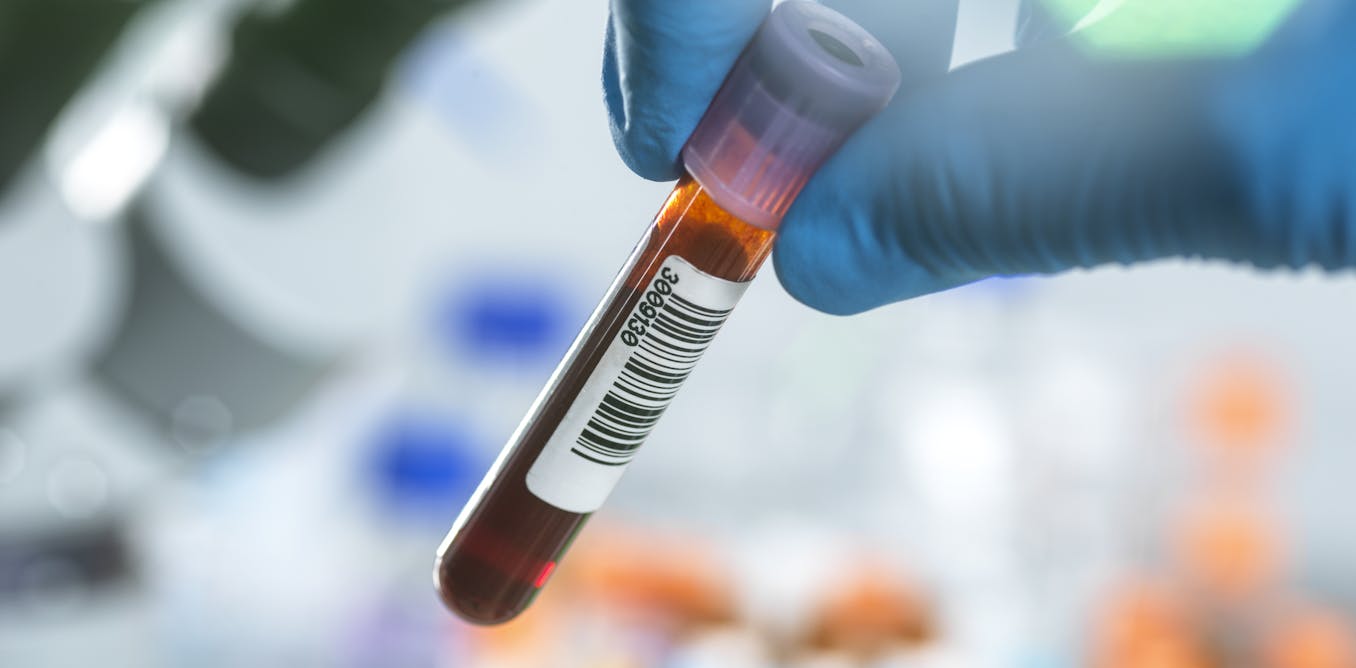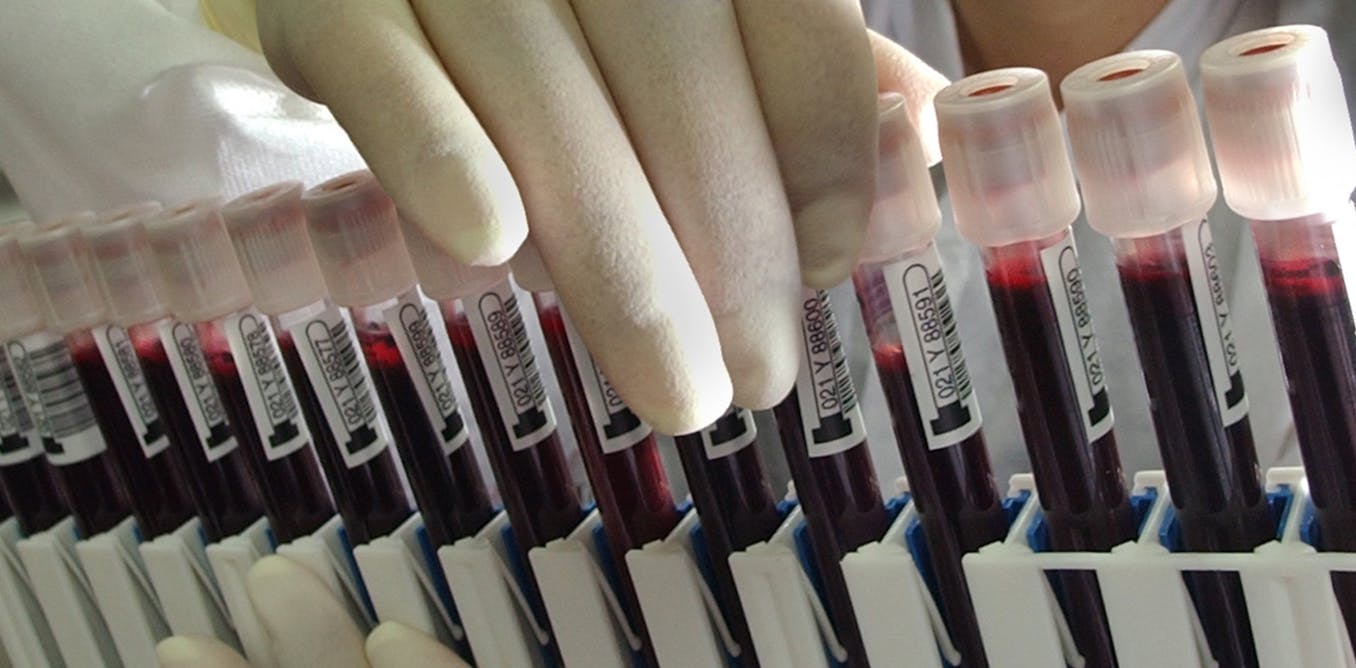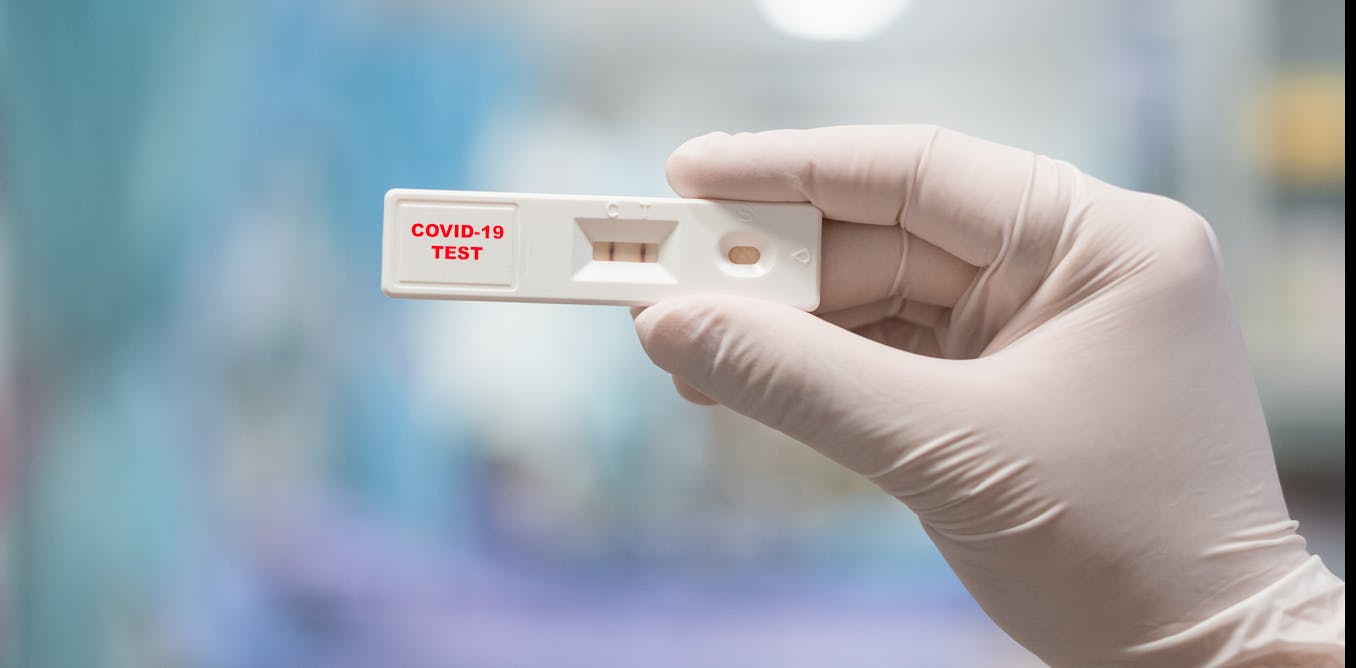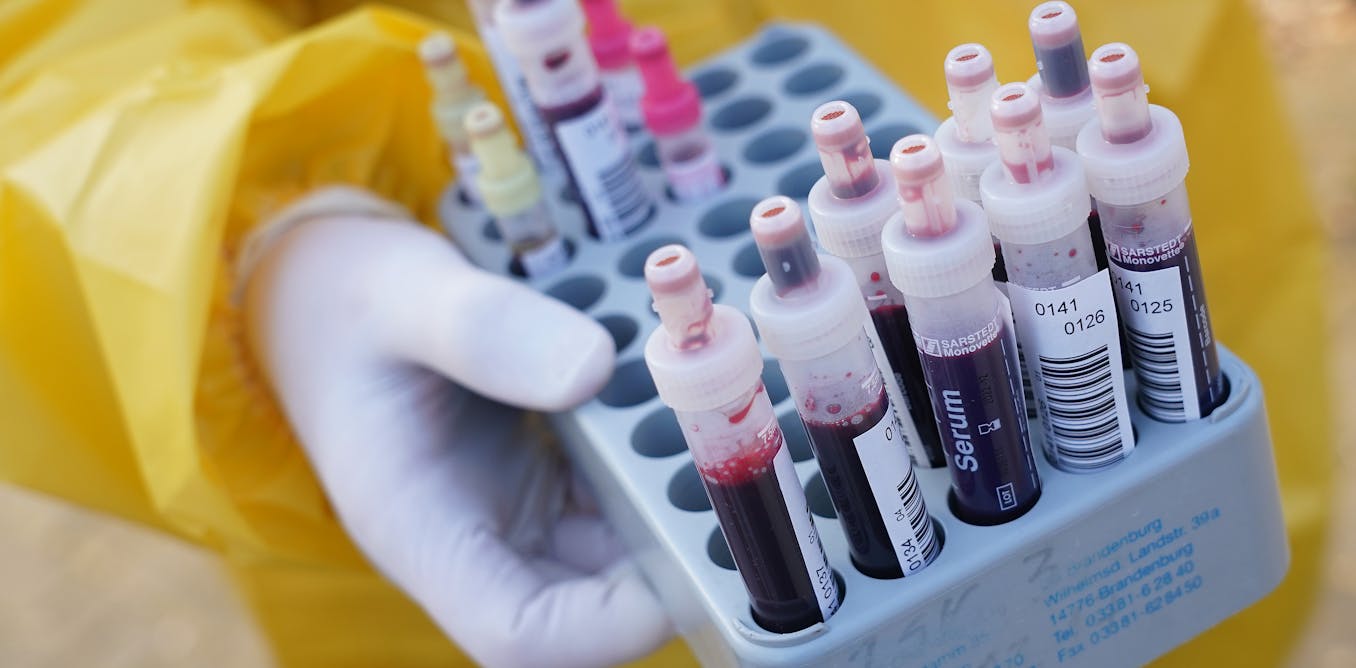Blood tests are currently one-size-fits-all − machine learning can pinpoint what’s truly ‘normal’ for each patient
A narrower, more personalized ‘normal range’ could help doctors better diagnose and treat disease in individual patients.
Dec. 11, 2024 • ~7 min

